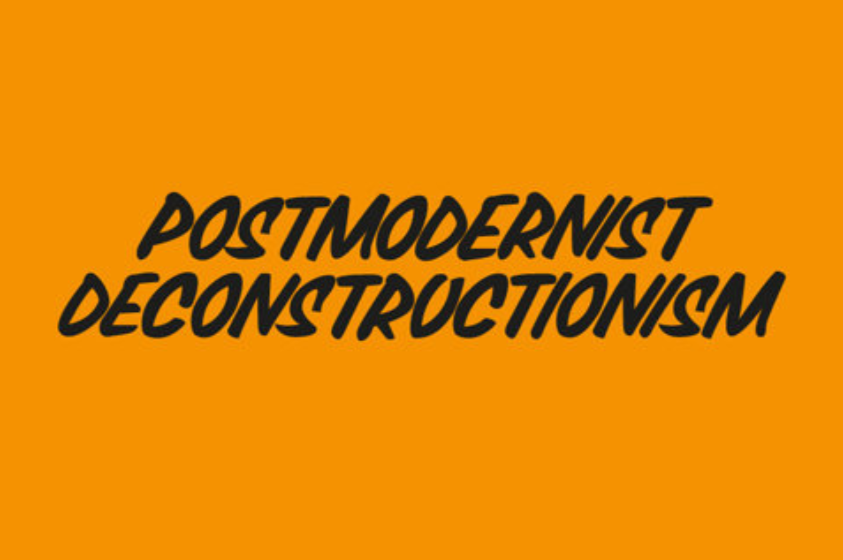
I miss graduate school. The UMASS Boston program’s training in pedagogy was excellent, but the dual degree also focused on organizational change and dialogue, which I fell in love with.
The following list is a guide for managing the political aspects of effective management and community organizing. It was developed during my graduate work, and the original title was “The Key Elements of Effective Representation”.
I adapted the title and language to include the broader domain of both formal and informal leadership in communities, projects and organizations. The basic point is that leadership requires the consistent quality of trustworthiness and the intentional effort to maintain healthy relationships with colleagues, subordinates, superiors and all other stakeholders. Some organizational scholars have called this approach “positive politics.”
KEY ELEMENTS
1. Adopt a healthy attitude about “politics”
Politics is a neutral word. It means nothing more than a group of three or more people negotiating the ways and means for distributing resources (money, time, people) and determining who gets to have influence and how much. Positive politics, if played fairly and ethically, can create mutual respect and harmony. Without active and positive political management (see elements below), the politics of any community or project can descend into defensive maneuvering and unproductive conflict. So, adopt a healthy attitude towards your political role. It is needed.
2. Maintain collegial relationships with all stakeholders
Even if you are not actively seeking support for something or gathering input, informally check in with colleagues, managers, subordinates, partners and other stakeholders in your community. Most importantly, treat all with equal respect and dignity -even those who have disagreed with you or have opposed ideas and/or initiatives you have proposed in the past (see number 5). Please keep in mind that those with a lower-status position in your organization could one day be a huge resource for an initiative, so try not to slight them or exclude them. Of course, they matter in their own right, so treat them respectfully for its own sake. Finally, try not to adopt the anger or hardline stance of any particular faction in difficult situations (even if you share their point of view). You will need to keep your relationship with the offending party intact during these challenging circumstances, so try to remain as neutral as possible.
3. Circulate, circulate, circulate!
Simply put, try to circulate throughout the organization on a regular basis. This is especially important when trying to generate support for a project or when you need input from colleagues, manager/directors or other stakeholders. But, it’s important not to feel entitled to anyone’s time. If someone is obviously occupied, politely stand aside and wait for the right moment or return at a later time. People will appreciate it when you respect their time and space and will more readily give you their time when you come back.
4. Distribute leadership and responsibilities
“Power” and influence are neutral energies. Over time, if they’ve been at it long enough, individuals or groups could come to acquire one or both. It is well known that power can corrupt, but the softer version of “influence” can cause burnout (people of influence are go-to people, which can take up a lot of their time and mental space). To avoid corruption and burnout, distribute leadership and responsibilities as much as possible. Share the tasks of writing letters and emails, facilitating meetings and circulating. The added bonus of sharing these responsibilities is the increased investment of others in the organization.
5. Embrace the opposition
Every “battle” comes to an end. Sometimes a project or initiative you have proposed fails or never gains ground. Sometimes you win. Sometimes you lose. Don’t make anyone your permanent adversary. Someone who opposed your idea(s) in the past could one day become your greatest ally for an even better idea in the future. The most valuable thing about embracing the opposition, however, is not limited to maintaining a politically viable relationship for future endeavors. The simple fact is that sometimes the opposition is right. Listen carefully to the opposition in all circumstances. Even if you decide to stick to your position, their views will help inform you about the best way to proceed.
6. Provide framing in difficult situations
As a manager/director or a community organizer, you will have developed relationships with a number of people from different sectors of the larger community. At times, you may find yourself navigating divergent views and representing the entire spectrum of opinions around an issue, procedure or policy.
Because of your many relationships, you may be in the unique position to provide the framing around an issue or decision because of the fact that you have access to the information and perspectives provided by the various parties that you have maintained a relationship with. It is important to bear in mind that bringing these various perspectives to light can help to move things forward, which is why the framing you provide is key.
Of course, it’s always helpful to keep in mind that it may not be YOU who needs to be provide the framing (see number 10).
Whether you choose to take sides or to remain neutral about something, try to find a way to respectfully surface each point of view in an open forum. You can do this during meetings or in the writing of letters, proposals or memos. However you choose to proceed, frame all points of view in a clear narrative and connect them to the shared values, goals and vision of the community.
7. Gather input to make buy-in unnecessary
If you want a project or initiative to be successful, your colleagues and other stakeholders will need to know that you have consulted them every step of the way. Gathering information and input is the best way to generate support. People love to support projects in which they have served as one of its architects. This goes for writing, too. Jot down the phrases, metaphors and tidbits that you gather from those you’ve consulted and include them in the writing associated with the project. However small, staff input in the writing and framing goes a long way in shoring up support.
8. Tell the truth always, but know your audience
Lying will get you nowhere and will erode your informal authority and influence in a New York minute. The fact that you were untruthful can circulate very quickly no matter how sophisticated you are in presenting a favorable image. If you have formal authority (such as a CEO, manager or administrator) you might have some more leeway here, but, in most cases, it is best to avoid deception and trickery. Once you lose trust with people, it’s difficult to get it back.
However, be strategic about who you share information with. A gossipy colleague who enjoys ridiculing others may not be the best person to communicate with in certain situations. While maintaining transparency and stating your intentions are laudable goals, use caution, discernment and balance in your communications. Not everyone is an honest broker.
Always remember, too, that there will be circumstances that require confidentiality. Never repeat anything told to you in confidence. It will be regarded as a betrayal, and if word gets around that you betrayed someone’s confidence, nobody will trust you.
Finally -resist, resist, resist the temptation to ridicule others or to gossip about them. A “juicy” or entertaining piece of information might offer the satisfaction of one-upping a potential adversary in the short run, but it will sully your professional reputation in the long run. Besides, it’s mean, petty, and just plain wrong.
Tell the truth and be respectful always. As a leader with formal or informal authority, your reputation around issues of honesty and trust is the highest political capital you have. You don’t want to squander that.
9. Respect that politics is often about perception
Five words. How will this be perceived?
The following bullet points will help you to navigate the stormy waters of the perception game.
- Use language strategically and constructively. Avoid making absolute statements when possible by using the following words and phrases: might, may, could, possible, possibly, potential, potentially, commonly understood to be, general consensus that… When possible, make general statements about issues that commonly surface in the arena in which you are operating.
- Connect your ideas and concerns with the organization’s mission as much as possible. Try to avoid confusion by being explicit about your intentions in all matters. When possible, connect those intentions with the intentions (purposes and goals) of the organization.
- Share the credit and tasks of writing emails, letters, action plans and reports. This will help to maintain the collective spirit of personal investment among the organization’s leadership, workers and stakeholder partners. It also keeps the focus on the organization and its goals, rather than on any single person.
10. Don’t make it about “you”
Don’t take anything personally. You could be lionized as a hero, maligned as a phony, or tolerated as a nuisance. You might even be ignored. No matter what, don’t make it about you and try not to let others make it about you. Of course, if someone expresses gratitude for something you’ve done, graciously accept it and walk on. Remember, everybody loves a hero, but not nearly as much as a fallen one. Don’t buy your own press. And make it about others.


